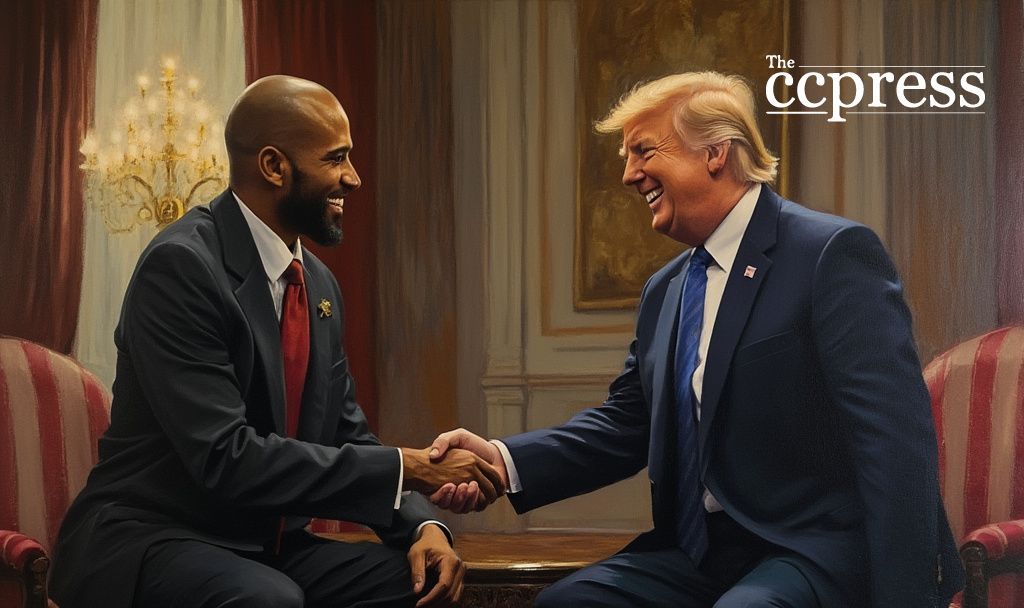Web3 faces regulatory hurdles in Africa, hindering transformative potential
Developer advocate of Cartesi, a Web3 rollup protocol, Jathin Jagannath, has noted regulatory uncertainties as a significant hurdle in Africa’s Web3 landscape. According to Jathin, the absence of clear, well-defined regulations surrounding Web3 technologies can create hesitancy among potential users and investors.
In an interview with Cointelegraph, Jathin stressed that the regulatory ambiguity may result in a reluctance to fully embrace the transformative possibilities that Web3 offers. He said,
“With regulatory clarity, enhanced digital literacy, and infrastructural upgrades, we will see Africans overcome these obstacles and lean into rapid modernization.”
Africa is a continent with a vast potential for Web3 adoption and innovation. According to a recent report by PwC and Emurgo Africa 2023 on the “State of Web3 in Africa,” blockchain funding across Africa increased by 1,668 percent in 2022, with Kenya, Nigeria, and South Africa leading the continent’s Web3 adoption.
Despite Africa’s potential for Web3, Jathin pointed out a massive lack of education and accessibility to knowledge. He emphasized the importance of improved digital literacy, stating that a skilled workforce and user base are crucial for successfully integrating Web3 technologies.
Speaking with Awosika Israel Ayodeji, Program Director of Web3Bridge, he pointed out challenges in education and knowledge access for African developers. Ayodeji stressed that high poverty rates often make people prioritize trading instead of comprehensive learning.
Related: Web3 apps saw 124% growth in 2023, led by Near, Klaytn, Arbitrum — DappRadar
Cartesi and Web3 Bridge are teaming up for an 8-week Cartesi masterclass in Nigeria in early January 2024. Jathin mentioned their commitment to boosting visibility and improving developers’ skills in the African ecosystem, contributing to Nigeria’s dynamic blockchain scene.
Africa is primed for a Web3 boom in 2024 and beyond for a few reasons, including its younger demographic and volatile currency, according to Jathin. However, according to Oxford Business School, almost 24% of Africans don’t participate in the banking system.
Jathin highlighted the potential for Web3 in Africa, stating that decentralized wallets and other Web3 applications can address current challenges and bring about transformative changes in how Africans interact with financial systems and conduct cross-border trade.
Magazine: First digital yuan wallet seizure, China’s $10B Web3 fund, Starbucks NFTs: Asia Express
Disclaimer: The content of this article solely reflects the author's opinion and does not represent the platform in any capacity. This article is not intended to serve as a reference for making investment decisions.
You may also like
Michael Saylor Labels Bitcoin as Chaos-Driven Asset

BlackRock’s Larry Fink Warns of U.S. Recession Impacts

Trump, Bukele to Discuss Bitcoin, Trade, and Security

Tether Mints Additional $1B USDT on Tron Network, Boosting Cumulative Total to $9B in 2025: A Look at Market Implications

